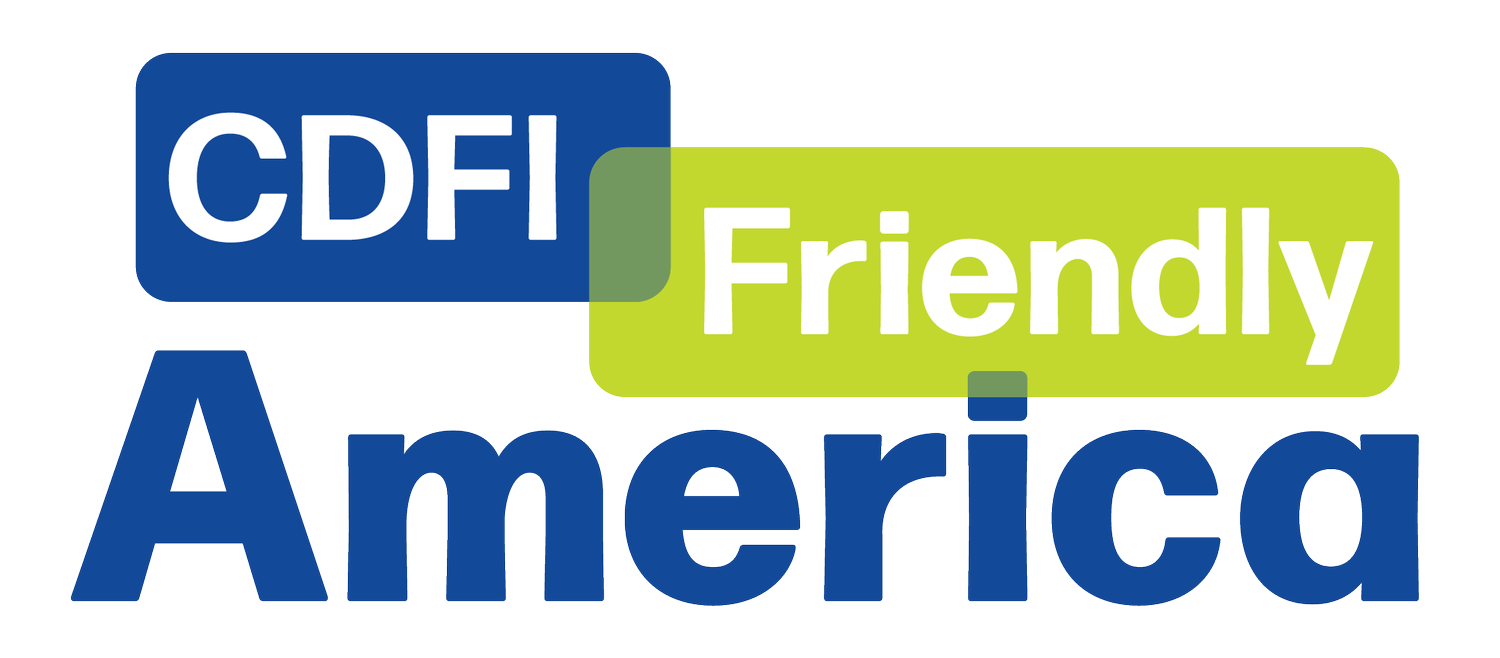How Trump’s Tariffs are Impacting Small Businesses Across America
Local economies across the United States are feeling the pressure of the tariffs imposed by the Trump administration. What was billed as a strategy to protect American jobs and industries has instead created higher costs for producers and consumers and new barriers for small businesses that are already operating on razor-thin margins.
The recent tariffs have raised the cost of many essential imports. Duties on Chinese goods now reach as high as 145 percent, while steel and aluminum imports face rates of up to 50 percent. This means small businesses are paying significantly more for raw materials, packaging, and finished products. The effective U.S. tariff rate is now nearly 19 percent, the highest in more than 90 years.
Unlike large corporations, small businesses lack the resources to negotiate better deals or the capital to stockpile supplies. Many are forced to either raise prices for customers or absorb the costs, both of which weaken their financial stability.
The economic impact is already visible. Manufacturers in the Midwest and beyond have laid off thousands of workers as tariffs raise costs and fuel uncertainty. Family-owned companies like Howard Miller, a Michigan-based clock and furniture maker operating for nearly a century, are shutting down operations due to unsustainable supply chain costs.
Surveys show that more than 70 percent of small businesses have raised prices to offset tariff costs. At the same time, consumer confidence is falling, leading to reduced sales and fewer opportunities for growth. Some businesses describe going into “survival mode,” cutting staff and scaling back investments just to stay afloat. Small businesses are often the first to feel the effects of economic disruption, and their struggles act as a warning sign for the broader economy. The Russell 2000 index, which tracks small-company stocks, has entered bear market territory, falling more steeply than larger indices like the S&P 500. This signals that Main Street is being hit harder than Wall Street.
Small businesses make up nearly half of private-sector employment and generate more than 40 percent of economic output. When tariffs force closures or layoffs, the effects ripple through entire communities, from reduced job opportunities to shrinking local tax bases.
Large corporations have successfully lobbied for tariff exemptions on products like smartphones and computers, while small businesses remain exposed. Women- and minority-owned businesses, which often face additional barriers in accessing capital needed to grow or simply stay afloat, are especially vulnerable. Tariffs can be a useful tool when carefully applied, but the current approach is too broad and unpredictable. Without targeted relief, many small businesses will struggle with higher costs, fewer customers, and potential closure or downsizing.
Supporting small businesses is vital for local economies, creating jobs, providing essential goods and services, and bolstering long-term economic development. Unless the pressure of tariffs is eased, America risks weakening the very businesses that keep Main Streets strong.

